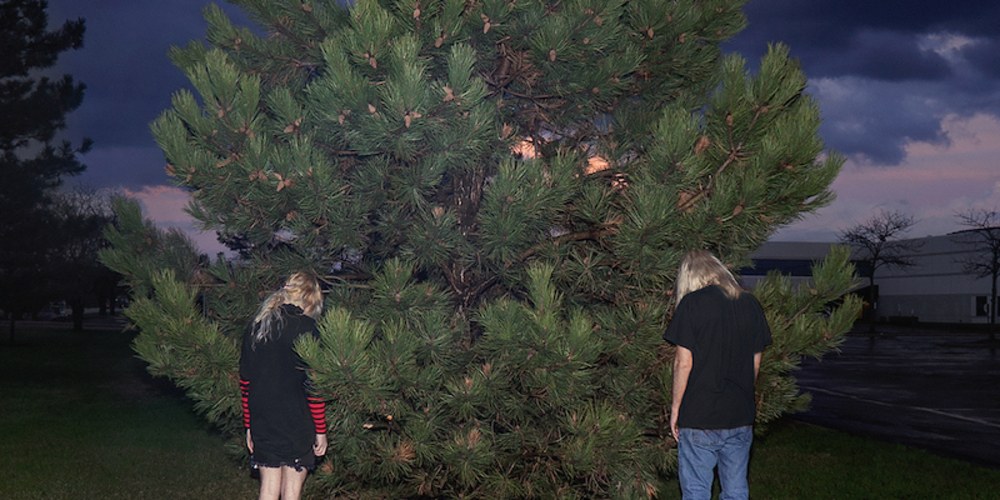Last month, a topic began trending on Twitter that seemed just a little out of the ordinary. It wasn’t a celebrity’s name, or the name of a place, or a natural disaster, or “Happy National Whatever-the-fuck” day. No one was sure exactly what it was, the specifics being so vague and the tweets just as confusing. It wasn’t until Phoebe Bridgers tweeted “five hundred twenty-five thousand six hundred gecs” when I discovered the phrase for the first time.
It was all a front to get the name of an album, 1000 Gecs, by experimental electro-pop outfit 100 Gecs, trending in order to gain them more exposure, and believe it or not, it actually worked. Beginning as just a “joke,” it was an initiative put on by a fanmade Twitter account to see how far it could be taken – “What if we accidentally got 1000 gecs to trend on Twitter by Tweeting #1000gecs on Wednesday the 19th at 6pm PST?” they tweeted. Which to no surprise, spread like wildfire, as the hashtag began trending within the United States.
It’s a very peculiar project, this “band,” consisting of a couple from St. Louis, who are split between Chicago and L.A. They produce music via Logic templates, in which they’d constantly send each other material to work on back and forth. But this isn’t some cutesy mouse couple project – no love songs or ballads are being written here about being apart due to distance, or at least, they’re not disguised as such. Rather, their songs combine elements and sounds from every corner of the pop-sphere, regardless of genre. It’s as if they took signifying elements of every variety, and tossed it in a blender with all the other recognizable elements of pop music, be it auto-tune, pitch-shifting, or endless compression.
The result? A beast of audio that actively eats up and spits out sounds of countless genres. It’s best explained if listened to yourself, given that it’s by far some of the most cacophonous, schizophrenic electro-pop I’ve ever heard, but somehow in the best way possible.
However, it’s difficult to call this full-on “pop” music, because it’s hard to identify it as such. But beneath the heaps and layers of noise, at its heart is simple songwriting and collaboration, no different than how any other pop-outfit works.
But that’s the question: is this music actively challenging what pop music is and what it could be capable of? Maybe not in an anarchic, “let’s revolt” type manner, but that’s not to say that 100 Gecs doesn’t assign their own definitions to things. But I think what it really comes down to is, is this music supposed to be taken seriously? Is it supposed to be dissected and analyzed and talked about much unlike most of pop music today? Is the music good enough to justify the conversations happening around it?
Well, it certainly appears so. But one thing’s for sure: the existence of the music itself sparks conversation. Ever since their Twitter trending escapade, they’ve been written up and discussed in publications such as the New York Times and Fader. They’ve somehow already accumulated a cult following, one that goes to great extents to give the band more exposure (on the album cover, the two bandmates stand facing a tree in Des Plaines, Illinois, in which their fans thus started a petition to get the tree to be named the Eighth Wonder of the World. If you look on Google Maps, you’ll notice the tree has now been dubbed a historical landmark after fans sought out its coordinates.)
Regardless, even if this music is not “critically acclaimed” and may be a hard pill to swallow, what’s important are all the conversations this band has spurred. It gets people talking seriously about pop music again, it’s the stick of dynamite that’s been waiting to be thrown into the horde, something that has been missing from the genre this past decade. Prince used to say “What’s missing from pop music today is danger.” There are no risks being taken, nothing feels at stake. But with 100 Gecs, the future of pop music feels dangerous again, and maybe, just maybe, one can see how pop music will be produced and perceived in this coming decade.
